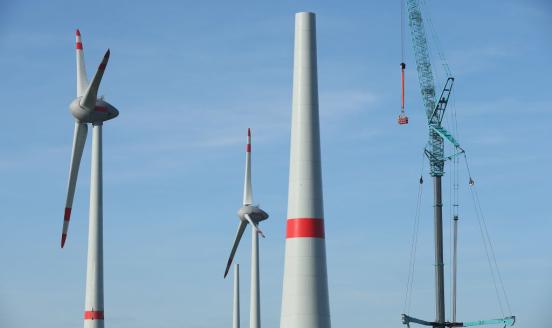
Alessio Terzi
Former Affiliate Fellow,
Alessio Terzi, an Italian citizen, joined Bruegel in October 2013. Prior to this, Alessio was a Research Analyst in the EMU governance division of the European Central Bank. He has also worked for the macroeconomic forecasting unit of DG ECFIN (European Commission), the Scottish Parliament’s Financial Scrutiny Unit, and BMI Research (Fitch group), a country risk and forecasting firm in the City of London, where he was a Europe Analyst.
He holds a Bachelor's degree in International Economics from Bocconi University and an MPA in European Economic Policy from the London School of Economics, where he specialised in public economics. During his studies, he spent a semester at Dartmouth College (USA). Alessio’s main research interests include structural reforms, competitiveness, EMU governance, and the G20.
Between 2016-2018, Alessio was a Visiting Fulbright Fellow at the Kennedy School of Government of Harvard University. He completed a PhD in Political Economy at the Hertie School of Governance in Berlin, with a thesis on economic growth, written under the supervision of prof. Henrik Enderlein, Dani Rodrik, and Jean Pisani-Ferry.
He is fluent in Italian and English, has a good knowledge of French, and an intermediate level of German and Spanish.
Featured work

Sparking Europe’s new industrial revolution: A policy for net zero, growth and resilience
This book assesses what must be done to implement industrial policy in a way that will achieve overarching goals while minimising distortions.

Improving the efficiency and legitimacy of the EU: A bottom-up approach
The 2019 European elections promise to be a watershed moment for the EU. A recent Bruegel paper made the case for restructuring the Union’s model of g

International trade and the EU-Japan Economic Partnership Agreement
This event; jointly organised by Bruegel and the Graduate School of Economics, Kobe University, will discuss the EU-Japan trade deal and asses its imp

The EU - Japan Economic Partnership Agreement
This paper was requested by the European Parliament's Committee on International Trade (INTA) and analyses the EU-Japan Economic Partnership Agreement